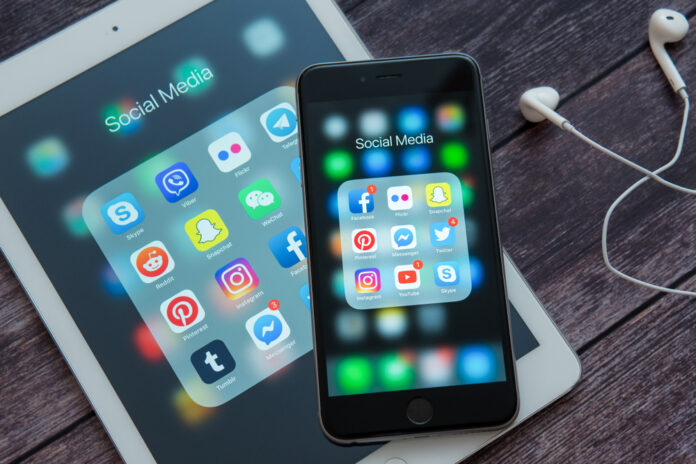
Many people have a difficult time living without their smartphones. They use the devices for virtually everything, from online social media networks to watching television to balancing their checking accounts. It’s the social media use, though, that may be affecting your mental health. And you’re not alone. 72% of people in the United States use social media, according to the Pew Research Center.
At its essence, social media is a powerful way to talk and connect with people. It makes it faster for people on virtual networks to share information, thoughts, and ideas. But there are some negatives to social media. Some evidence shows that using it, especially too much, can hurt your mental health in a number of ways. Keep reading to learn more about these studies and what you should watch out for.
Social Media and Mental Health Concerns
Depression, anxiety, and feelings of being alone are linked to social media, especially for people who use it a lot. A 2019 study found that those who use social media have trouble sleeping. Since evidence shows that sleeping problems can lead to issues with mental health, this effect deserves attention. Not only that, but not getting enough sleep can lead to depression and memory loss.
Aside from making it hard to sleep, social media can cause problems with mental health by exposing people to cyberbullying. Researchers found that about half of the more than 6,000 people between the ages of 10 and 18 who were surveyed in 2020 had been cyberbullied. You might think that the statistics are only for kids, but most of us have seen quite a number of adults involved in cyberbullying as well. There’s something about the anonymity of the computer screen that might bring out the worst in people.
Social media is a breeding ground, allowing people to start or spread harmful rumors that can leave people with emotional scars that last a long time.
Social Media and Isolation
Social media can make people feel like they’re not good enough. People may feel that their lives or looks don’t measure up to those of others on social media, which can make them feel jealous and unhappy.
Despite the thought that social media helps us connect, a 2018 study found that using social media frequently actually makes people feel more lonely. This can be felt when your post doesn’t get read, or no one “likes” the latest photo you posted. Even the most grounded of us all like to know that what we have to say or share is appreciated.
Summary
When you realize that the younger adult generation has been raised with social media at their beck and call, you truly begin to wonder how much is enough. It’s important to step away and find other activities that don’t require you to log in on a social media platform.
In an effort to make social media work positively for you, spend time away. Log out when you’re with friends and family. Turn it off at least an hour before bedtime and set a timer for when you or your kids are on. You can also turn off notifications so they don’t steal your focus from more important things.
https://www.pewresearch.org/internet/fact-sheet/social-media/
https://publications.jrc.ec.europa.eu/repository/handle/JRC124034
https://guilfordjournals.com/doi/pdf/10.1521/jscp.2018.37.10.751
https://www.ncbi.nlm.nih.gov/pmc/articles/PMC6830469/


















